Statistics and Math For Indie Authors and Publishers
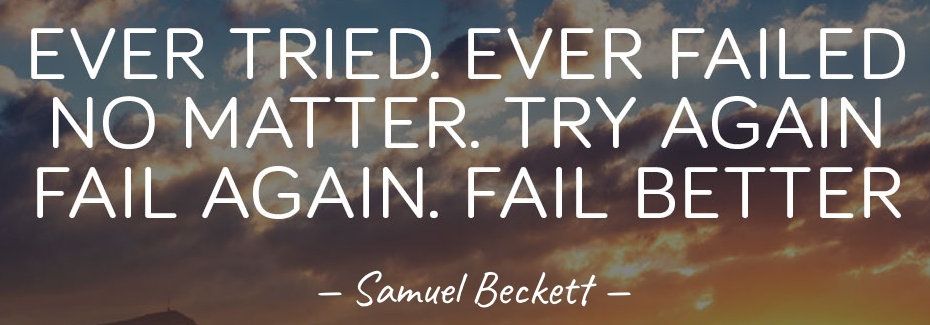
This is probably an odd post to start 2021 with. It's certainly an odd title, and I'm okay with that. Truth is that the vast majority of people these days have attention spans that can be measured in nanoseconds. My website's bounce rate is hilariously bad—like many other sites, visitors often leave before the page even completes loading!
As a content creator, that gives you basically two choices:
- You can fret, worry, waste hours tracking metrics, and invest countless hours in learning how to make your site load faster in the hopes that you can appease a few more people from the masses...
or - You can shrug and just not care. Focus your limited time and energy on what really matters.
Real Indie Author Math
I've talked before about the real math behind my indie publishing adventure; most recently in my post What Am I Waiting For?
So now that you're in the "More" section of this article and 99% of the people who saw this post have wandered off, let's do some math. What does it take for an indie author / publisher to be successful? What does "successful" even mean? That's the first thing that needs to be defined, and the actual definition will be different for each person.
For me it means that I can pay my bills and live my life, focusing full-time on my own projects. I won't get into specifics of my day job, because that's not the number I'm trying to supply here. What I'm looking for is somewhere in the $3,000 per month range. That estimate should cover my mortgage, food, car, bills, and beer (well, maybe). Plus you can't forget that a fair portion of what you earn goes toward income taxes (Federal, State, and even Local for some of you).
So how do you get to that number as an indie author / publisher? One book at a time, I suppose. A typical indie-published ebook sells for $3.99 or $4.99 these days. Most stores will pay the author a royalty on those sales of between 70% and 80%. Since the lower value is the most likely (Amazon, iTunes, B&N, etc) let's use that for our mathematical exercise:
That's simplified, to say the least. The actual number would be lower because the biggest ebook store out there is Amazon, and they deduct the cost of transporting your book to the reader before calculating your royalty. There's also sales from other markets to consider, because any adjustments based on currency exchange rates will alter your royalty further. Sometimes it's in your favor; sometimes not.
For a real example, the last time I sold a copy of Fireteam Zulu at Amazon:
| Sale Price: | $2.99 |
| Delivery Fees: | $0.05 |
| Royalty: | $2.06 (effectively, 68% of list) |
So what does that mean? Basically, if you sell ebooks at $3 each then you'll earn about $2. If you raise the price to what appears to be the current standard of $3.99, then you'll earn somewhere around $2.70 per sale.
Compounding the Problem
Getting to $3,000 then becomes much easier to extrapolate than to accomplish:
So you have to sell about 1,111 ebooks a month. Every month. Month after month. How do you do that? Don't ask me... Lost Luggage Studios has sold about 1,170 ebooks since we started publishing in 2010. We have 19 titles published, and I can tell you first-hand that reaching readers is hard.
So in order for me to pay my bills purely from my writing, I'd have to sell a number of books that so far has taken ten years to sell, and I'd have to do it every single month.
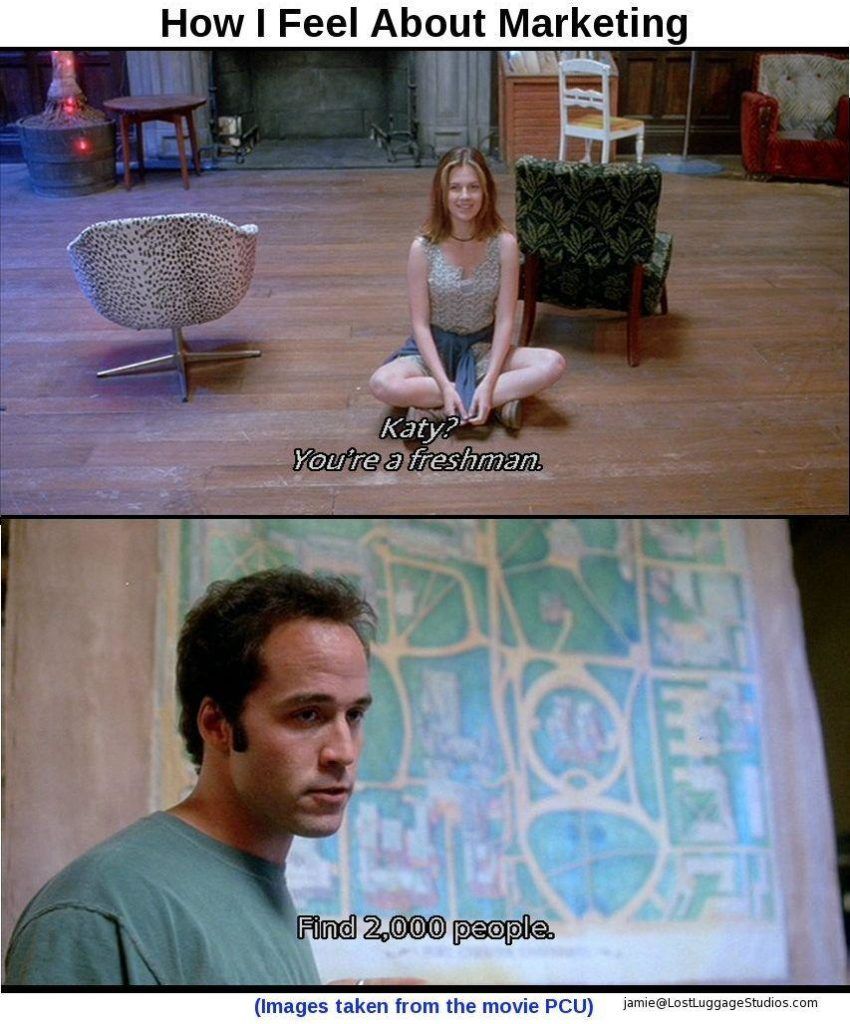
It gets worse.
Not only does my company have to sell that many books, no, that's just how many of my books I'd need to sell. My personal royalty on copies of Scribings and other anthologies is far lower. As a company, we'd probably have to sell more like 10,000 ebooks a month, every month, for me to even come close to being able to afford to focus on my personal projects full-time.
It gets worse.
Not only do you have to sell that many books, but doing so means you have to pursue two strategies simultaneously. You have to find new readers, constantly. But you also have to keep publishing high quality books that your existing readers want to purchase and read. Why? Because you have to sell more than 13,000 ebooks a year just to pay your bills. That means entertaining new readers and existing ones, constantly, while also competing with an ever-increasing collection of indie books for ever-decreasing attention spans.
On Mathematics and Noise
I've almost always been great at mathematics. I say "almost" because I had issues before fourth grade because I instinctively knew my teachers weren't telling me everything. Once I found out about fractions and decimals, my average math grade shot above 100 until college. Then I encountered issues making the bridge to abstract math and number theory.
But I digress.
I reached the above conclusion about how many books I'd have to sell a few years ago, but didn't have a clue about how to break through it. The numbers just don't add up. They can't. This is why there are very, very few authors who can make a living from their writing. And when you're competing against the more than six million ebooks on Kindle, it's easy to see that most authors and books just sort of disappear in the noise.
This is probably why Amazon started selling ad space to indie authors. Even those who are earning money from their books are getting lost in the noise. The solution is apparently to spend their hard-earned dollars on ads, in the hopes that they can once more sell enough books to earn a living. Authors competing with each other for readers. That's certainly not an avenue I would have thought of.
Now I'm not usually one to despair, but... yeah, I spent a while just sort of mulling this escalating situation over, trying to figure out how to crack this nut. It looks like indie publishing has become a hopeless negative feedback cycle. I never give up. Instead, I concentrate on what makes sense. That led me back to math. Pure, simple, provable math.
Rather than ice-skating uphill in the pursuit of hundreds of thousands (or millions, even) of readers to buy and read and share my books, it makes far more sense to concentrate on a much smaller, more achievable metric. I've always been the type to have a handful of great friends, rather than hundreds or thousands of lukewarm semi-friendships / acquaintances. This is probably why I've drifted away from Facebook over the years: too much noise, not enough substance.
A Possible Solution?
All that noise is what eventually led me to trying my hand at Patreon. The math is just much easier to see, and feels much more attainable.
Let's go back to the earlier benchmark: $3,000 a month
When I set up my Patreon account, I set the lowest patronage tier at $5 per month. Their site does take a cut of the money donated, but it's not substantial.
| Donation: | $5.00 |
| Transaction Fees: | $0.45 (2.9% + $0.30) |
| Patreon's Cut: | $0.36 (8%) |
| My Cut: | $4.19 (roughly 84% of gross) |
Let's break out that math equation again:
So going this route, I have to find 716 people. But the metrics are skewed because it's even easier than that, in theory:
- 716 people total, not per month. I don't have to keep finding new readers, I just have to keep existing ones entertained.
- There are multiple donation tiers, so anyone who finds value in sending me more than the minimum $5 suggestion would reduce the total number of additional readers I need to find and keep.
- Rather than investing my time in trying to get more readers to buy and read my books, I'd have a baseline income and would be able to focus on writing, editing, and publishing... and on interacting with my patrons and giving them a steady stream of great stories, answering questions, discussing characters, etc.
If you factor in the higher tiers, I guesstimated the actual number to be closer to 500. Actually, if I can find 25 people who love my writing enough to fill the two highest tiers (which include helping me by beta-reading and commenting on early drafts) then those wonderful people would make up nearly half of the income needed to hit my target.
The rest? If I could convince the remainder of the patrons to donate $10 a month (which currently includes all my current and future ebooks), then the numbers get even easier to attain. A $10 monthly donation would net me:
| Donation: | $10.00 |
| Transaction Fees: | $0.59 (2.9% + $0.30) |
| Patreon's Cut: | $0.75 (8%) |
| My Cut: | $8.65 (ish) |
That means I could, in theory, achieve my dreams by entertaining as few as 199 people!
(and you thought math was boring...)
So, the choice is to flounder around desperately trying to find 1,100+ people a month (every month) to take a chance on one of my books... or focus my time and efforts on finding a few hundred people on the entire planet who enjoy my writing enough to pay $5+ a month to get access to my current stories, my future stories, and all sorts of random behind the scenes content related to them.
There are commercially successful authors who make tons of money from millions of readers. We all know their names. And that's great for them. But what kind of relationship do they have with their readers?
I for one would rather find a few hundred people who are truly excited about my ideas and my stories, and focus my time and energy on discussing characters and ideas with them, entertaining them, and publishing more great stories for them. Sounds like a much more fun life to me.
About My Patreon Account
So... how's it going?
So far, my attempt at setting up a Patreon account is largely a failure. It's certainly not going to pay my bills any time soon. But I tried, and will continue to try, and will talk about it frankly... because it's a dream of mine to be free.
Mathematically, it's clear to me that it will be far easier to get this to "work" than to continue pursuing the other typical path outlined above. If I can assemble a tribe of patrons who like my writing, then I can focus on putting out more stories and not care so much about competing to sell ebooks in the various stores. What's important to me is not getting the sale, but the interactions I've had with readers. I would love to build upon that, answer questions, discuss themes and characters, and more.
So... I think it's safe to say that so far I've failed at Patreon. But being a failure at something is not so troubling to me.
I fail all the time.
I figure that if you aren't failing, you aren't really trying.
And if you aren't trying, you aren't really living.
And if you aren't living, then you're merely existing.
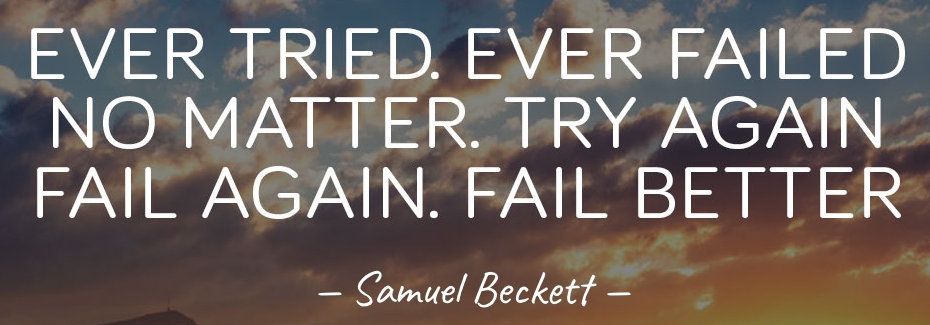
If you've read this far, thanks. I hope you'll consider helping me out by joining and/or sharing this post and my Patreon link:

I have some public postings on there that discuss my writing more in depth. There's also an ebook that contains three of my short stories that you can download and read for free.
And if the tiers I set up don't make sense, or you want more choices, just reach out. I made up prices that sort of made sense at the time. The top two tiers are priced high (and limited in number) because I'm not quite sure how many sets of feedback I can handle on a work in progress. They made sense at the time... I tend to do things that make sense to me at the time. I trust my intuition and take action. It's not always perfect, but it's me: honest, straight-forward, and usually blunt. Sometimes I succeed, and sometimes I fail. I'm always open to constructive criticism and suggestions. They help me grow as a writer and as a person, so I can fail even better next time.
—Jamie


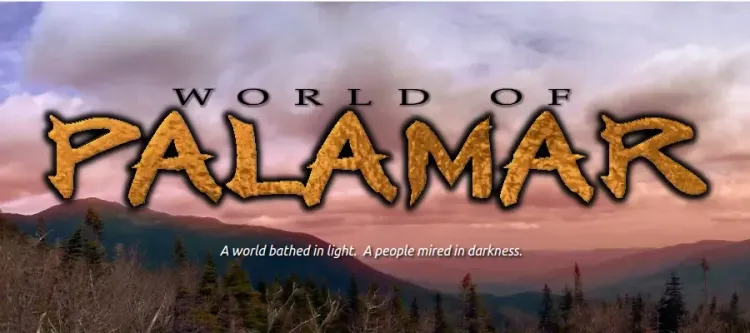
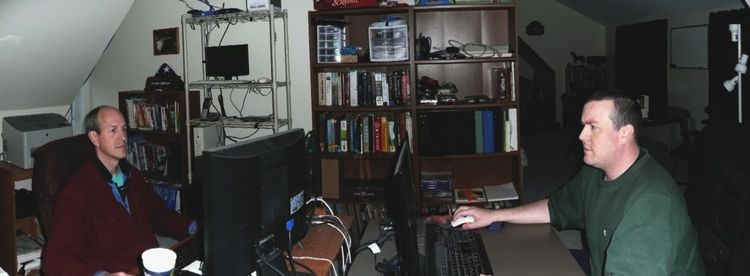


Member discussion